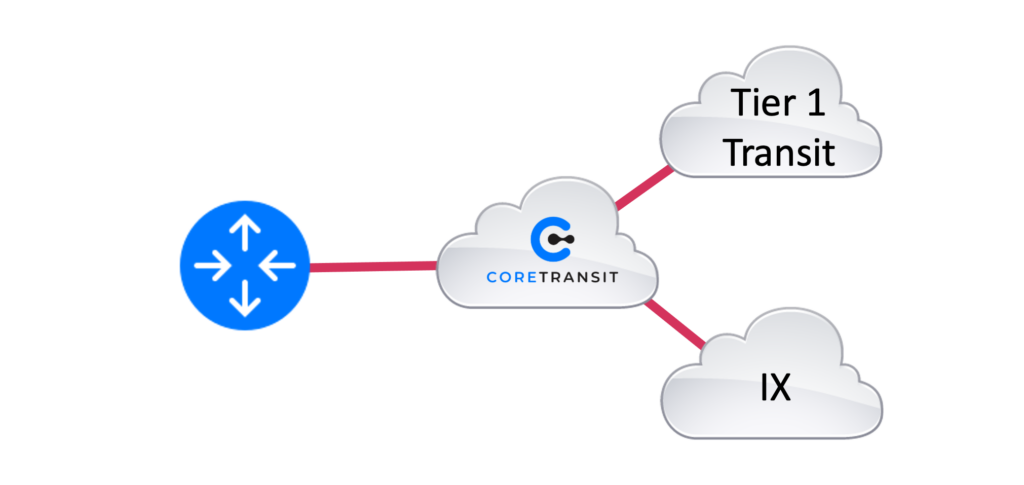In an era where cybersecurity threats are increasingly sophisticated and pervasive, securing your network with encrypted IP transit services has become essential for safeguarding sensitive data and maintaining operational integrity. This article explores the importance and benefits of encrypted ip transit services in enhancing network security and protecting against cyber threats.
Understanding Encrypted IP Transit Services
Encrypted IP transit services involve the transmission of data over the internet through encrypted tunnels, using protocols such as IPSec (Internet Protocol Security) or TLS (Transport Layer Security). Encryption ensures that data transmitted between networks remains confidential and inaccessible to unauthorized entities, thereby mitigating the risk of interception, eavesdropping, or data breaches.
Enhanced Data Confidentiality and Privacy
The primary benefit of encrypted IP transit services is enhanced data confidentiality and privacy. By encrypting data packets at the source and decrypting them only at the intended destination, organizations can prevent unauthorized access and ensure that sensitive information remains secure during transit. This capability is crucial for protecting customer data, financial transactions, intellectual property, and other confidential information from potential threats.
Mitigation of Man-in-the-Middle Attacks
Encryption in IP transit services mitigates the risk of man-in-the-middle (MITM) attacks, where malicious actors intercept and manipulate data exchanged between networks. By encrypting data with strong cryptographic algorithms, such as AES (Advanced Encryption Standard) with 256-bit keys, organizations can establish secure communication channels that are resistant to interception and tampering attempts, thereby preserving data integrity.
Compliance with Regulatory Requirements
Encrypted IP transit services help organizations meet regulatory compliance requirements related to data protection and privacy. Regulations such as GDPR (General Data Protection Regulation), HIPAA (Health Insurance Portability and Accountability Act), and PCI DSS (Payment Card Industry Data Security Standard) mandate the encryption of sensitive data during transmission. By adopting encrypted IP transit services, businesses demonstrate adherence to these standards and mitigate potential legal and financial repercussions associated with non-compliance.
Protection Against Data Leaks and Espionage
In addition to external threats, encrypted IP transit services safeguard against internal risks, such as data leaks and industrial espionage. By encrypting data end-to-end, organizations prevent unauthorized employees or insiders from accessing confidential information intentionally or unintentionally. This proactive measure strengthens internal security protocols and enhances trust among stakeholders regarding data handling practices.
Maintaining Network Performance
While encryption adds an additional layer of security, it is essential to ensure that it does not compromise network performance. Leading providers of encrypted IP transit services implement optimized encryption protocols and hardware-accelerated encryption techniques to minimize latency and maximize throughput. This approach ensures that organizations can maintain high-speed connectivity and seamless data transmissions without compromising security.
Choosing the Right Provider
When selecting a provider for encrypted IP transit services, organizations should prioritize factors such as the provider’s encryption standards, experience in managing encrypted networks, compliance with industry regulations, and reputation for reliability and customer support. A trusted provider will offer comprehensive security solutions tailored to business needs, including proactive threat detection, continuous monitoring, and rapid incident response capabilities.
Conclusion
Securing your network with encrypted IP transit services is paramount in safeguarding sensitive data, maintaining regulatory compliance, and protecting against evolving cyber threats. By encrypting data during transmission, organizations can ensure confidentiality, integrity, and privacy of information exchanged over their networks. Investing in encrypted IP transit services not only enhances security posture but also reinforces trust with customers, partners, and stakeholders in an increasingly interconnected digital landscape.
